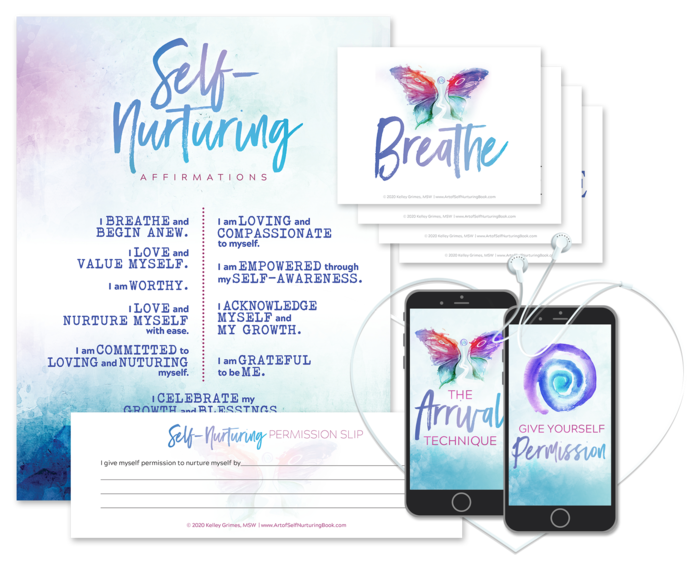 “I have come to see the cultivation of mindfulness as a radical act – a radical act of sanity, of self-compassion, and ultimately of love.” ~Jon Kabat-Zinn
“I have come to see the cultivation of mindfulness as a radical act – a radical act of sanity, of self-compassion, and ultimately of love.” ~Jon Kabat-Zinn
What a powerful statement that cultivating mindfulness is a radical act of sanity, self-compassion and love. I believe that mindfulness or the practice of simply paying attention on purpose is the foundation of self-nurturing and allows us to cultivate more peace and joy in our lives. As a result, I love to lead mindfulness workshops and teach mindfulness techniques when counseling individuals, couples and families. But I adore teaching mindfulness techniques to families as it is the epitome of nurturing peace in the world from the inside out!
I often begin my work with families sharing the health benefits of mindfulness and some of the amazing research showing improvement in learning and memory, regulation of emotions, deepening compassion and empathy, lowering stress and improving immune response. We have Jon Kabat-Zinn and the Mindfulness Based Stress Reduction Program he developed over thirty-five years ago at the University of Massachusetts Medical Center to thank for spearheading research on the brain and mindfulness.
I then lead the family in the arrival technique, a simple mindfulness technique to become truly present in the moment. What I love about this practice is that it supports people in three important aspects of mindfulness: connecting with the breath, bringing awareness to the body and observing thoughts all in the spirit of curiosity and non-judgment.
After the exercise, we explore what each family member noticed about themselves while doing the technique and how they thought the exercise could benefit them in their lives. Most people report feeling more present and relaxed after the exercise and notice things about themselves they had not been aware of prior to the exercise. We explore where using this mindfulness strategy would be most useful and many families choose to begin a meal grounding with the technique or before bed.
The power of mindfulness is that it allows us to become more aware of ourselves while creating space around us to be more accepting, compassionate and kind to ourselves and others as a result. This simply paying attention on purpose with curiosity and non-judgement is a radical act of self-nurturing.
Through a mindfulness practice we create the space needed in our lives to make choices to respond rather than react. The more we cultivate mindfulness as parents the more patience and compassion we can bring when responding to our children and the more we model an intentional and peaceful way of living together. Imagine what a powerful influence mindfulness could be for our family dynamics and cultivating peace and joy in the world.
I share Jon Kabat Zinn’s belief that mindfulness is a way of being and agree with him that “when we speak of mindfulness, it is important to keep in mind that we equally mean heartfulness.”
When we include mindfulness into our family life, we can be more present, open hearted and aware of ourselves, which benefits everyone!
So how could you include mindfulness practices into your time with your family?
Can you imagine beginning a meal together with a technique like the arrival technique that invites each member of the family to bring his/her awareness to the present moment?
What other benefits might your family experience bringing more awareness and compassion into your interactions?
As Thich Nhat Hanh reminds us “Our capacity to make peace with another person and the world depends very much on our capacity to make peace with ourselves.” So let’s begin by using mindfulness techniques with ourselves and then expand the practice to our families in order to nurture peace in the world.
May you bring more mindfulness into your family life as a radical act of sanity, compassion and love and may you nurture peace in the world from the inside out!




